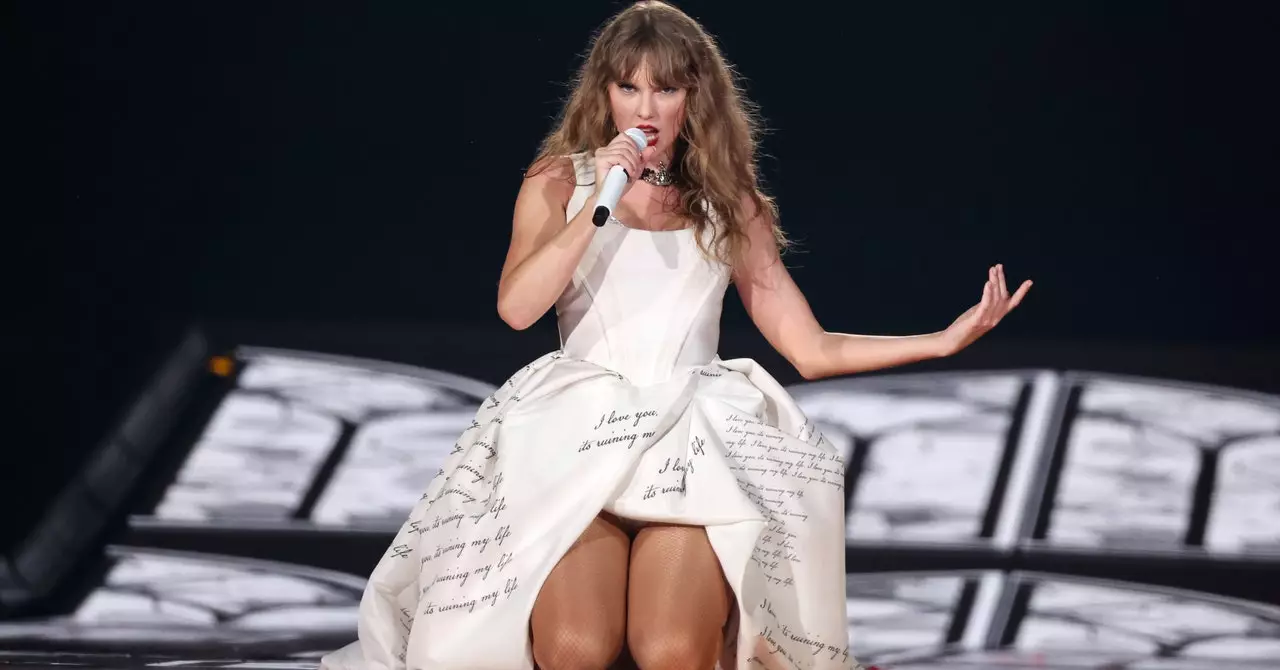The recent turmoil surrounding ticket sales has brought the spotlight onto two major players in the industry: Ticketmaster and Live Nation. A Senate hearing has been held to address their practices, leading to a significant antitrust lawsuit filed by the US Department of Justice (DOJ). The legal action came in response to allegations that these companies dominate the ticketing market, stifling competition and manipulating prices to their advantage. This situation has incited public outrage, particularly among concertgoers who feel exploited by inflated prices and hidden fees.
In May, the DOJ accused Ticketmaster and Live Nation of using monopolistic tactics to suppress competition and inflate ticket prices. However, representatives from Live Nation have staunchly refuted these claims, arguing that the lawsuit fails to address root issues affecting fans, such as exorbitant service fees and limited access to popular events. Their statement highlighted the complexity of the live entertainment economics, emphasizing that most service fees benefit venues rather than ticketing companies. They contend that ticketing economics have evolved in such a way that competition has increasingly chipped away at their market share, calling into question the legitimacy of antitrust claims.
What has escalated the issue further are the grassroots legal actions taken by fans of prominent artists and musicians. The original lawsuit initiated by Taylor Swift’s fans accused Ticketmaster and Live Nation of various transgressions, including breaches of contract and misrepresentation. Fans alleged that the companies failed to uphold their promises regarding ticket availability during presales, thereby misusing their power to manipulate the resale market. The complaint highlighted practices that not only placed undue financial strain on fans but also fortified Ticketmaster’s position within a purported monopoly.
The implications of this legal battle extend beyond just Ticketmaster and Live Nation; they touch upon broader questions of fair market practices and consumer rights in the entertainment sector. The claims that Ticketmaster pressures fans into utilizing exclusive platforms for ticket sales compel observers to consider the detrimental effects of monopolistic practices on consumer access and pricing. The lawsuit’s assertion that ticket prices far exceed competitive market rates could indicate systemic problems within an industry where a few mega-corporations dominate.
The recent developments have introduced a new dimension to the ongoing litigation as a subsequent lawsuit mirrors the original claims while expanding its focus to include fans of various artists beyond just Taylor Swift. Notably, the new lawsuit also alleges a violation of the Racketeer Influenced and Corrupt Organizations (RICO) Act, further intensifying the stakes. This expansion showcases the escalating frustrations among ticket purchasers and raises significant questions about accountability and ethical conduct in the ticketing industry.
As the Senate hearing and lawsuits unfold, the ticketing industry stands at a critical juncture. The combination of governmental scrutiny, public discontent, and emerging legal precedents could usher in significant changes regarding how ticket sales are conducted. It remains to be seen whether this heightening scrutiny will drive reforms that restore fairness and transparency to a system many fans believe has been operating above them for far too long.

